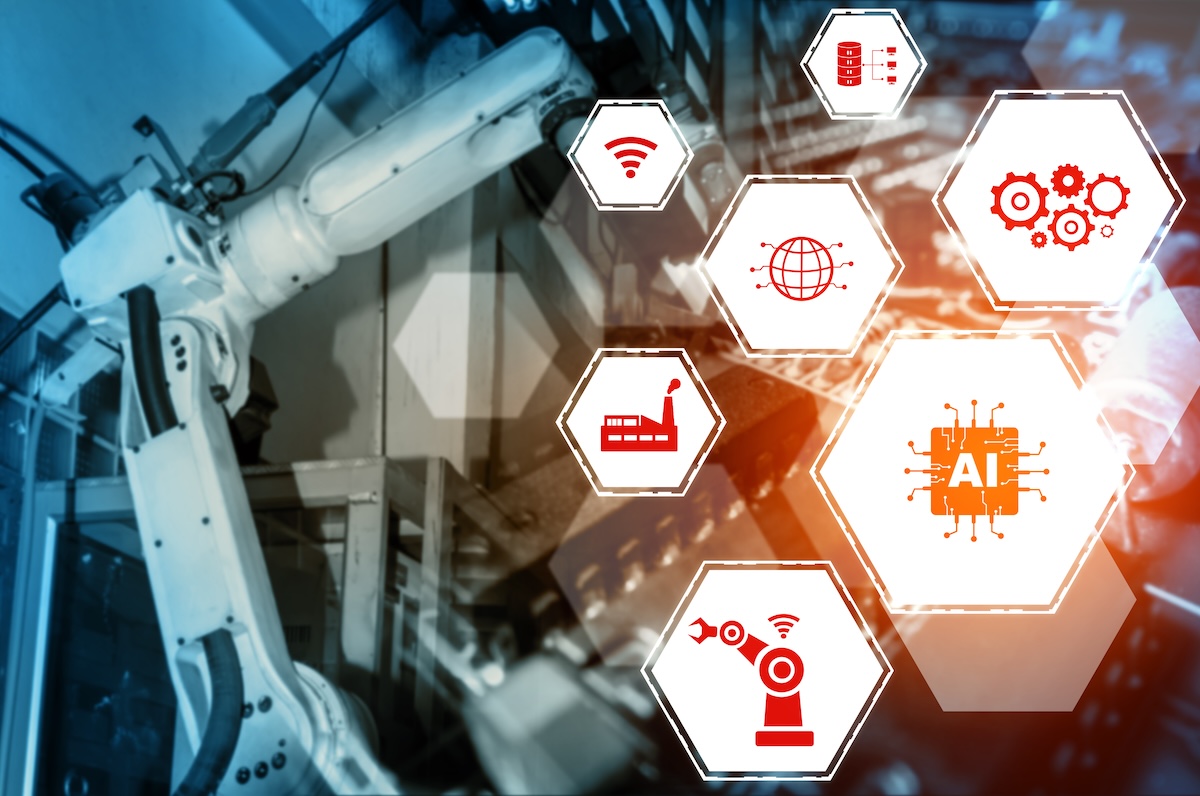Blockchain for the industry
A technology with great potential, which can optimize processes and solve problems, but which, without giving in to easy enthusiasm, must be carefully contextualized, under penalty of premature rejection.
The Blockchain theme has been proposed several times in recent years and companies have different opinions on the evolution of this “disruptive” technology, especially regarding the possible impact on industrial processes.
Over time it has been highlighted, in summary, that the Blockchain, although accredited to be able to bring significant innovations, for example, such as decentralization, transparency, security and immutability of data, currently seemed to be the object of more attention and study than of concrete initiatives. , as there is still a lot to verify and understand.
Among the most interesting concepts, that of sharing among the participants in a supply chain, through Distributed Ledger technologies, of a “register” of significant events and transactions without having to refer to a third party. Then, if the supply chain concerns a specific product, it becomes possible to share all the information, from birth to disposal, with an impact on the trust relationships between customer and supplier.
There was also a need for certification of data exchange between machines and systems, and to third parties, to ensure reliable, non-modifiable, and therefore secure information for services and applications. The arrival of artificial intelligence was also expected: if Blockchain is also to be understood as a huge source of data, the insertion of AI will facilitate data sharing, helping to make the production chain more integrated.
In the face of these optimistic forecasts, there was no shortage of critical issues, first of all the failure to emerge of a specific Blockchain technology, among the numerous existing ones, capable of taking over, from which an inevitable distrust to invest, certainly not for a perception of unreliability, but due to the rapidity of development and the presence of numerous variants.
This scenario of extreme changeability places the entrepreneur of a traditional company in a situation of uncertainty, with investments postponed pending a more defined scenario.
To add, quite disturbing fact, that Blockchain, originally considered as a purely secure technology, is starting to be the first evidence of threats and various risks for IT security. Finally, the most emblematic statement: it will take some time before the Blockchain, in all its aspects, is understood and implemented in the systems in production.
In conclusion
Blockchain, a quite complex technology indeed, has generated exaggerated expectations, especially due to an excess of attention also from the media, always committed to making the most of new technologies for dissertations that are often improvised and full of misplaced enthusiasm. The arrival of a new technology ignites the hope / conviction that finally old problems can be solved, and much, too much is expected.
In the case of the Blockchain there is also a stimulating imaginary that arises from the original context of cryptocurrencies, certainly intriguing but foreign to the real world of companies, apart from the founding principles that it is not automatic to migrate into one’s specific context, and then in the It immediately happens that the “promises” are not kept, and this, instead of stimulating a careful review of the potential, risks leading to a loss of opportunities, which are not lacking.
About the author
 This article was written by Fabrizio Pozzato, Marketing Manager, Alleantia. With several years of experience in the sector, a technical background and a Degree in Communication from the Politecnico di Milano, Fabrizio Pozzato, 42, has been taking on the role of Marketing Manager at Alleantia since April.
This article was written by Fabrizio Pozzato, Marketing Manager, Alleantia. With several years of experience in the sector, a technical background and a Degree in Communication from the Politecnico di Milano, Fabrizio Pozzato, 42, has been taking on the role of Marketing Manager at Alleantia since April.



